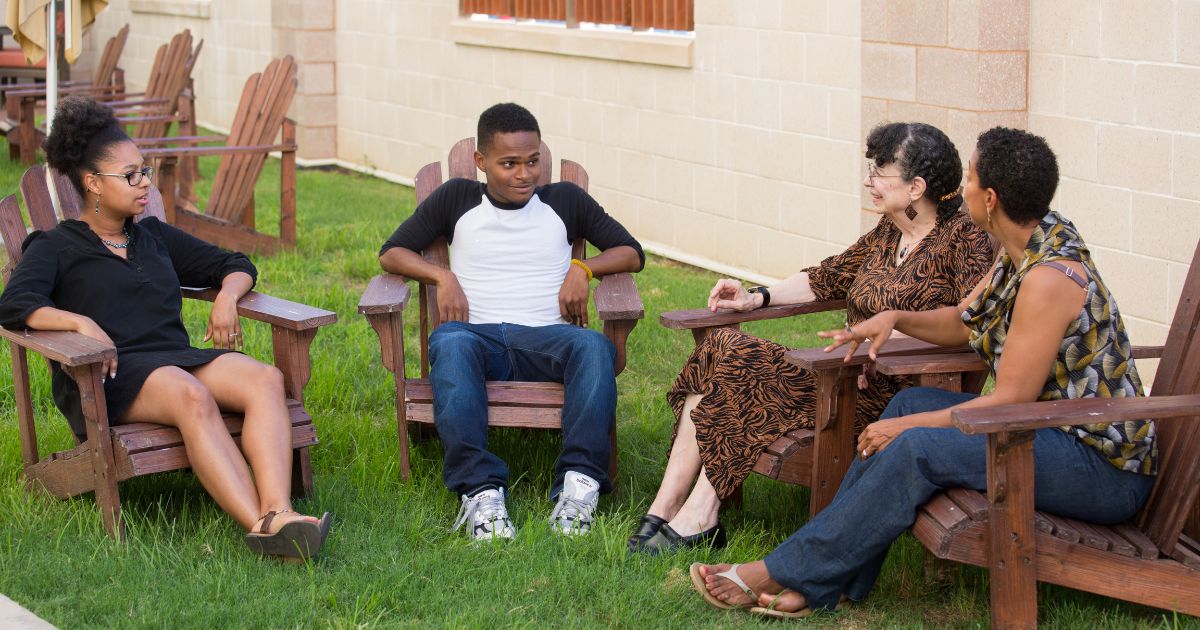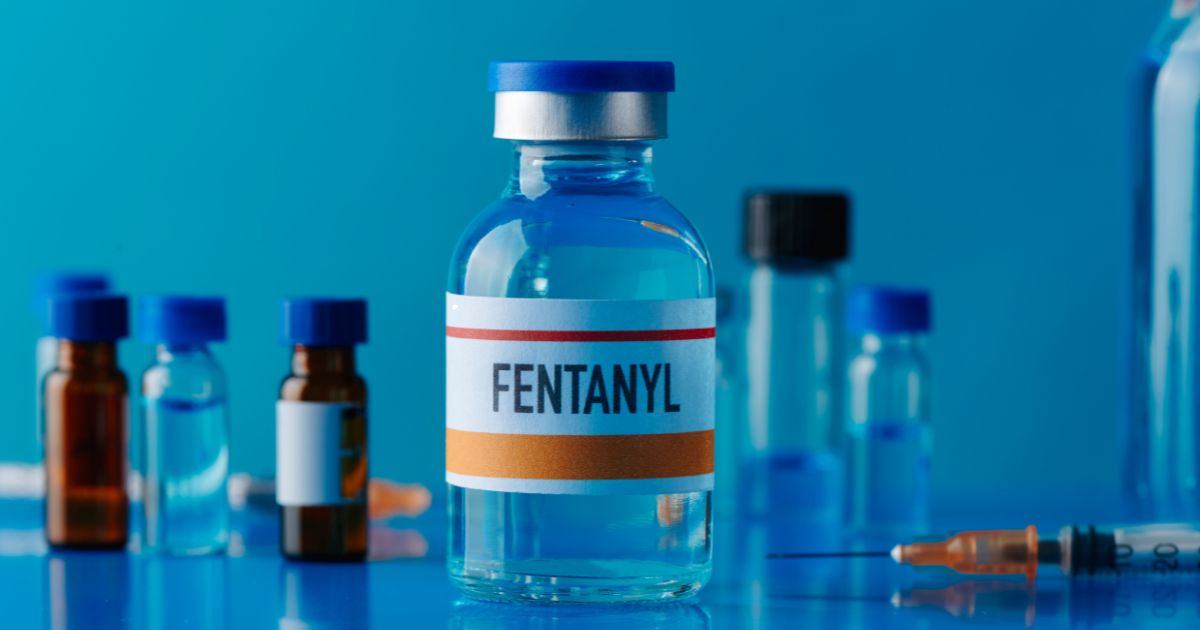What Is Heroin?
Heroin is an opioid drug made from morphine, a natural substance taken from the seed pod of the opium poppy plants grown in Southeast and Southwest Asia, Mexico, and Colombia. It’s considered a depressant.
Heroin usually appears as a white or brownish powder or as a sticky black substance known as “black tar heroin.” It can be injected, snorted, or smoked, and is known for providing a “rush” of euphoria to users. However, it is highly addictive and dangerous. Heroin use can lead to a range of severe health conditions, including overdose and death, and is associated with a host of social problems.
Heroin is classified as a Schedule I substance in the United States and many other countries, meaning it has a high potential for abuse, no currently accepted medical use, and a lack of accepted safety for use under medical supervision.
In this article, we’ll cover common heroin street names, as well as what to do if you are struggling with heroin addiction.
What Are Some Common Heroin Street Names?
Heroin goes by many names on the street. These slang terms for heroin vary by region and generation.
Street nicknames for heroin include:
- Smack
- Junk
- H
- Horse
- Black Tar
- Brown Sugar
- Skag
- Snow
- China White
- Dragon
- Dope
- White Horse
- Mexican Brown
- Hell Dust
- Cheese (a mixture of heroin and over-the-counter cold medication)
- Skunk
- Scag
Note that some heroin street names may also refer to the drug combined with other substances, which can be particularly dangerous. Knowing common slang terms can help you understand and avoid heroin. Always exercise extreme caution and consult professionals if you suspect someone may be involved with heroin or any other illegal drugs.
If you or someone you know is struggling with heroin abuse, it’s crucial to get professional help for heroin addiction immediately. The risks associated with heroin use are extremely serious and can include overdose and death, among a myriad of other health issues. Various treatment options, including medication and counseling, are available.
Get confidential help from our addiction treatment specialists in Orange County. Call to join our rehab program today!
Call 866-881-1184What Does Heroin Do to the Brain?
Heroin binds to specific receptors in the brain called mu-opioid receptors (MORs). These receptors are part of the endogenous pain control system and are widely distributed in the brain and spinal cord.
Once it binds to those receptors, heroin is then converted into morphine. This leads to a rush of dopamine, leading to feelings of intense pleasure and euphoria. When combined with fast-developing tolerance, this leads quickly to addiction.
Long-term heroin use can lead to cognitive deficits, affecting functions such as decision-making, memory, and behavior regulation. It also suppresses the production of dopamine, making it difficult for users to experience pleasure without the drug.
Some studies also suggest that prolonged heroin use can result in changes to areas of the brain responsible for regulating behavior, decision-making, and stress response.
What Are the Signs and Symptoms of Heroin Addiction?
Heroin addiction symptoms can be both physical and behavioral, and they often become more pronounced as the individual’s dependency on the drug grows.
Here are some common signs and symptoms:
- Drowsiness and Fatigue
- Constricted Pupils
- Respiratory Depression
- Dry Mouth
- Nausea and Vomiting
- Itching or Flushing of the Skin
- Runny or Sniffling Nose
- Track Marks
- Weight Loss
- Neglect of Personal Hygiene
- Secrecy and Isolation
- Lack of Interest
- Mood Swings
- Financial Problems
- Possession of Paraphernalia
- Poor Performance
- Changing Friend Groups
- Manipulative Behavior
- Neglected Responsibilities
- Depression and Anxiety
- Lack of Motivation
- Cravings
- Fear of Withdrawal
If you are experiencing heroin addiction, reach out for help.
Looking for quality substance abuse treatment that’s also affordable? South Coast accepts most major insurance providers. Get a free insurance benefits check now.
Check Your CoverageHeroin Treatment at South Coast Behavioral Health
For those struggling with opioid addiction or a co-occurring disorder, South Coast Behavioral Health offers compassionate and affordable heroin addiction treatment at our recovery center. Our admissions process for drug rehab is quick and easy. Drug or alcohol abuse doesn’t have to control your life any longer when there are treatment centers for heroin withdrawal and addiction that can help.
The first step for treating opioid use disorder is going through a medical detox. Our medical detox program in California is staffed by caring and compassionate professionals who can provide you with medications to manage your opioid withdrawal symptoms.
At South Coast, we take pride in offering care that is closely tailored to specific issues. To that end, we offer gender-specific detox programs, with medical detox for men in Irvine, CA, and medical detox for women in Huntington Beach, CA.
After detoxing, proper treatment can begin.
Treatment for substance abuse takes place along an entire spectrum of care. Along that entire spectrum are various behavioral therapies, support groups, and the use of medically-assisted treatment (MAT).
These levels of treatment are, in order, as follows:
Residential Treatment in California
After completing medical detox, you’ll move to inpatient treatment in Orange County California. There, you’ll receive medically-assisted treatment and dual diagnosis treatment to deal with any cravings or co-occurring mental health issues you may be battling. We also offer residential treatment facilities in Costa Mesa, Irvine, and Huntington Beach for those who desire gender-specific treatment. There, patients get round-the-clock medical attention and monitoring while living at the institution full-time.
In addition to individual and group counseling and medication management, you’ll also have access to leisure activities, mental health resources, and family support services.
Partial Hospitalization in California
Most clients start substance abuse treatment with South Coast in our residential treatment program. After completing that, many desire something that still provides structure and support, but with extra space and time to oneself. For that, we offer Partial Hospitalization in Newport Beach.
A step down from inpatient care but with more structure than conventional outpatient programs, partial hospitalization offers a good balance for those looking to ease back into normal life. Clients can receive care five to seven days a week for several hours each day, returning to their homes in the evening.
This way, they can recover without putting their daily lives completely on hold, receiving intense therapeutic interventions like group and individual therapy, skill development, art therapy, music therapy, and medication management as necessary.
Intensive Outpatient Treatment in California
For those leaving inpatient residential treatment or partial hospitalization, intensive outpatient programs (IOP) are yet another gradual step forward on the road to recovery.
With a focus on group therapy, individual counseling, and education, clients undergoing Intensive Outpatient Treatment in Newport Beach can meet three to five days a week. Each session lasts three hours.
This level of care requires the least amount of attendance at a facility. From there, you can transition to outpatient care and sober living homes if necessary.
Get Started Today
If you hear your loved one using slang terms for heroin, it may be time to find them addiction treatments that can help. If you or a loved one are struggling with opioid addiction and are in need of opioid use disorder treatment, but wonder how long it takes or have other questions, call us at 866-881-1184. Our highly qualified staff will be happy to help give you an idea of what to expect from your addiction recovery timeline, help verify your insurance, and assist with any other questions you may have. Opioid withdrawal isn’t easy, but we can help you through it. We can help you end drug and alcohol abuse for good.










